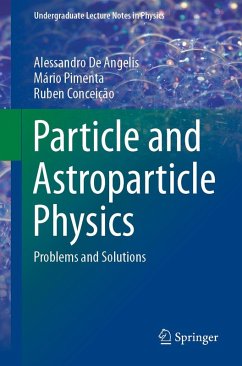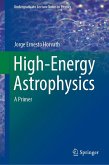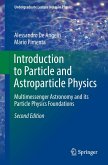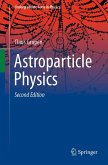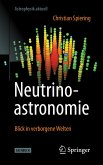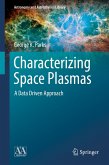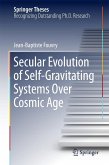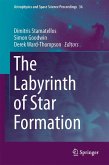This book presents more than 200 problems, with detailed guided solutions, spanning key areas of particle physics and astrophysics. The selected examples enable students to gain a deeper understanding of these fields and also offer valuable support in the preparation for written examinations. The book is an ideal companion to Introduction to Particle and Astroparticle Physics: Multimessenger Astronomy and its Particle Physics Foundations, written by Alessandro De Angelis and Mário Pimenta and published in its second edition in Springer's Undergraduate Lecture Notes in Physics series in 2018. It can, however, also be used independently. The present book is organized into 11 chapters that match exactly those in the companion textbook, and each of the exercises is given a title to facilitate identification of the subject within that book. Some new exercises have been added because they are considered helpful on the basis of the experience gained by teachers while using the textbook. Beyond students on relevant courses, exercises and solutions in particle and astroparticle physics are of value for physics teachers and to all who seek aid to self-training.
Dieser Download kann aus rechtlichen Gründen nur mit Rechnungsadresse in A, B, BG, CY, CZ, D, DK, EW, E, FIN, F, GR, HR, H, IRL, I, LT, L, LR, M, NL, PL, P, R, S, SLO, SK ausgeliefert werden.

